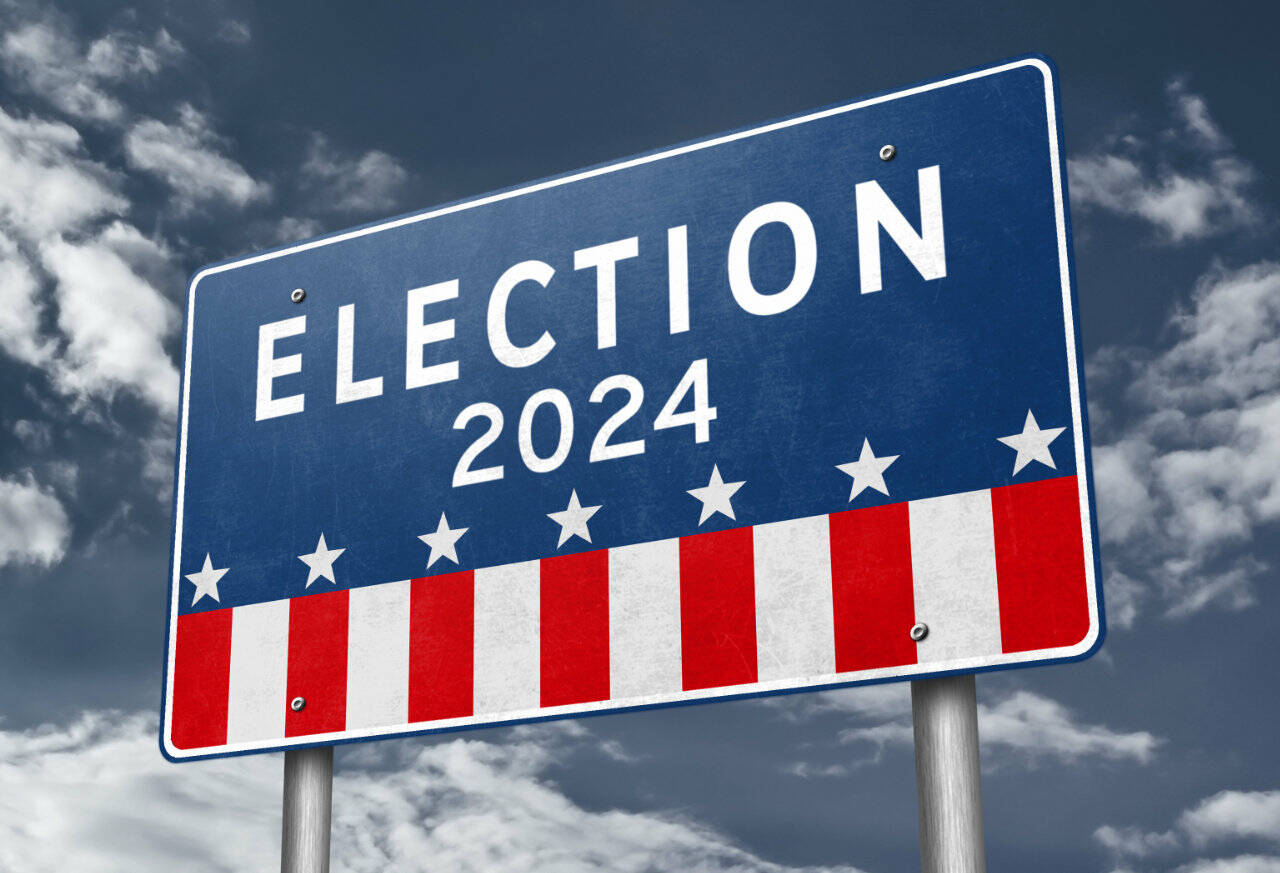Democracy is a system where the people are free to choose who will govern them — as long as it’s always the same ones.
— George Bernard Shaw
In short, welcome to what is almost certainly the craziest, most unpredictable election year, with the highest stakes, of our lives.
We’ve had plot twists and upheaval on the presidential/national level for many years now.
Some of us, at a visceral level, remember the trauma and aftermath of a presidential assassination in the 1960s.
Others will never forget the image of a president resigning on national television in the 1970s.
And in the election year of 2000, many of us remember when the Supreme Court made the final determination of who would be our president.
The election year of 2016 brought shrill accusations and fury in our streets, screens and homes, and a legacy of scandal, distrust and a dramatically weakened and distrusted legal and electoral systems and institutions.
And the 2020 election, unlike any presidential election before it, offered virtually none of us any sense of resolution.
For the first time in our history, not only did a losing candidate not concede, he used his own contested loss as the core of his campaign platform as he runs again.
And, as most of us know, that same candidate has been indicted for over 90 felonies in four different jurisdictions.
If we can maintain a little objectivity, this year 2024, is at minimum, a fascinating exercise in the democratic process (also known as government by, and for “we the people”) as it either prevails or self-immolates after a series of unprecedented challenges.
A generation or so ago, we had our youngest president in our history, and only a few election cycles ago had our first Black president. To put it mildly, the more-than-likely candidates are neither of those.
We had our first viable female candidate for president not that long ago, and in the variable landscape of the 2024 election year, we will have at least one promising female candidate.
The often brutal caucus and convention season is upon us – and only accelerating in their momentum and sheer exhausting relentlessness.
As is often the case, the shrillness and volume of the campaign and its dire warnings, vain promises and “mis-statements” abound and grow in intensity and (all too often) absurdity as election day draws nearer.
It might seem inevitable, but in all human affairs, perhsps politics more than most other areas, few things are certain; and a showdown between Trump and Biden is far from assured.
Those two, as of January are the favored candidates of the two major political parties. But both of them have high “negatives” in consistent polling.
And both of them are well over 70 years old.
The demands of holding the office of president have probably never been greater, and the stakes – and level of distrust – has also probably never been higher.
The once clearly defined major political parties, with distinct policies regarding taxes, military preparedness and spending and social programs are barely associated with policies, but are predominately identified with candidates – not policies or party affiliation.
Not long ago, for example, most voters had, as their reigning voting principle that they would vote for the candidate (or issue) irrespective of party affiliation.
Now, in contrast, most people I talk to tell me that they are voting along party lines – even if they may not like, or have much to say in a positive way, for the candidate they (often reluctantly) find themselves voting for.
In a previous era, any candidate or issue was approved (or ratified) by a coalition of bipartisan members with an interest in the issue. Both parties, and a fair amount of independents were rquired (and in most cases, willing) to support any given legislation.
Those days of working toward a common goal, or even the desires or intents of the constituents, are, as we all know, long gone.
Now we have “the base” and those in opposition. There is no middle ground, and as we all know from simple observation, little, if anything gets done.
The infamous “do-nothing congress” of &^^&^ were super-achievers compared to recent legislative bodies.
But being a “do-nothing congress”, once an insult, is currently aspirational.





